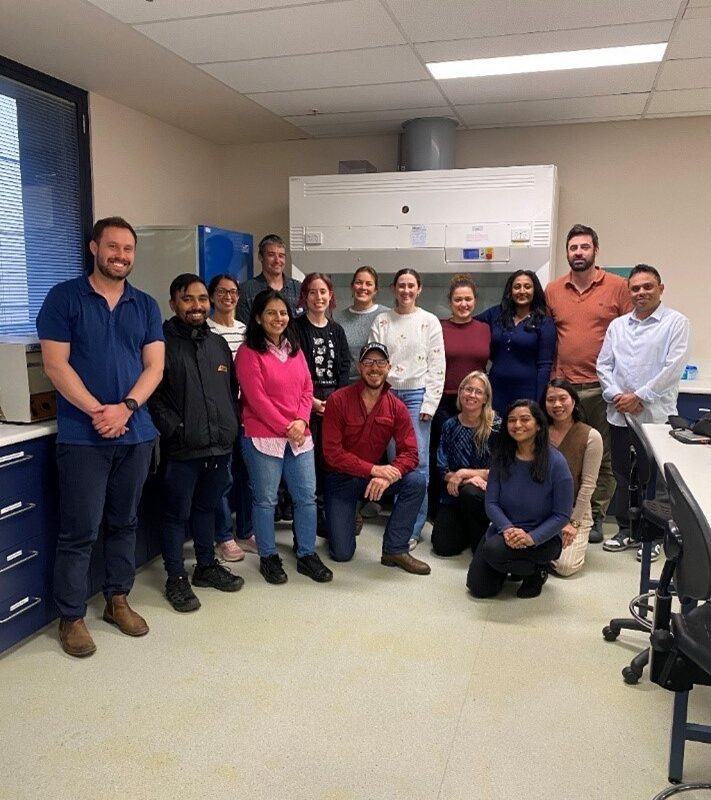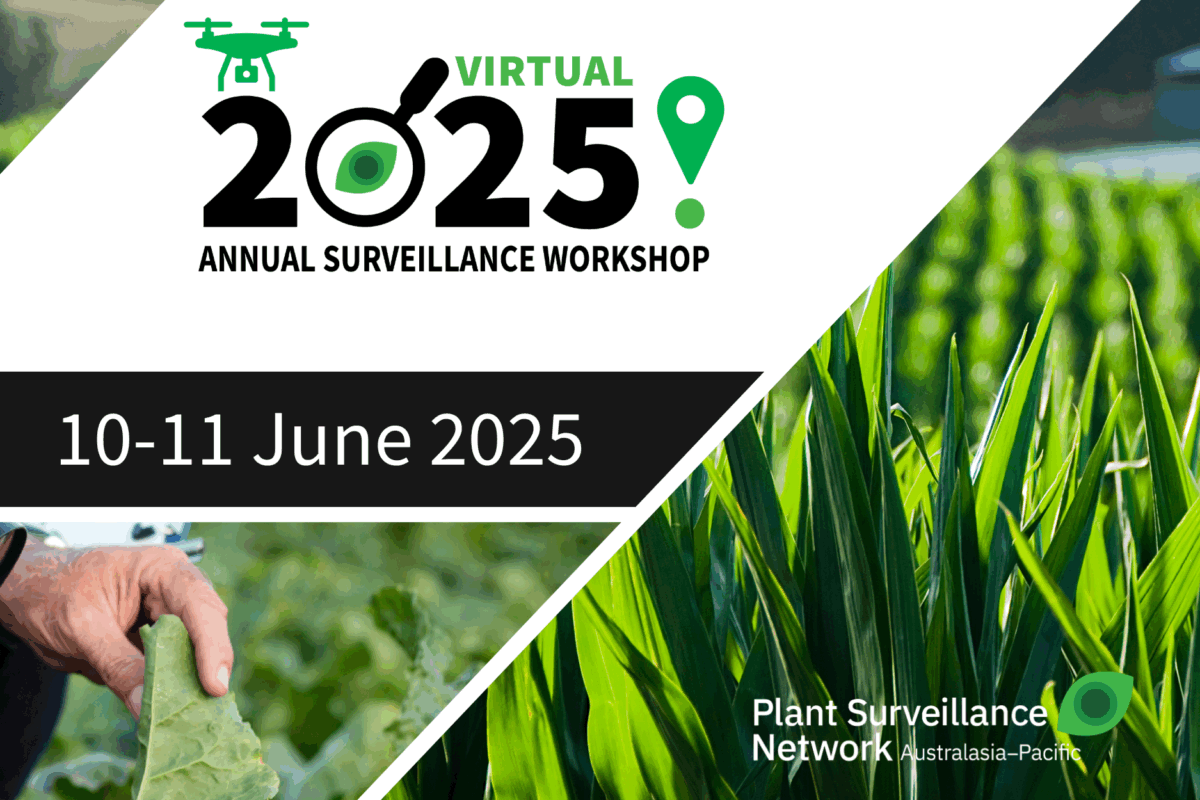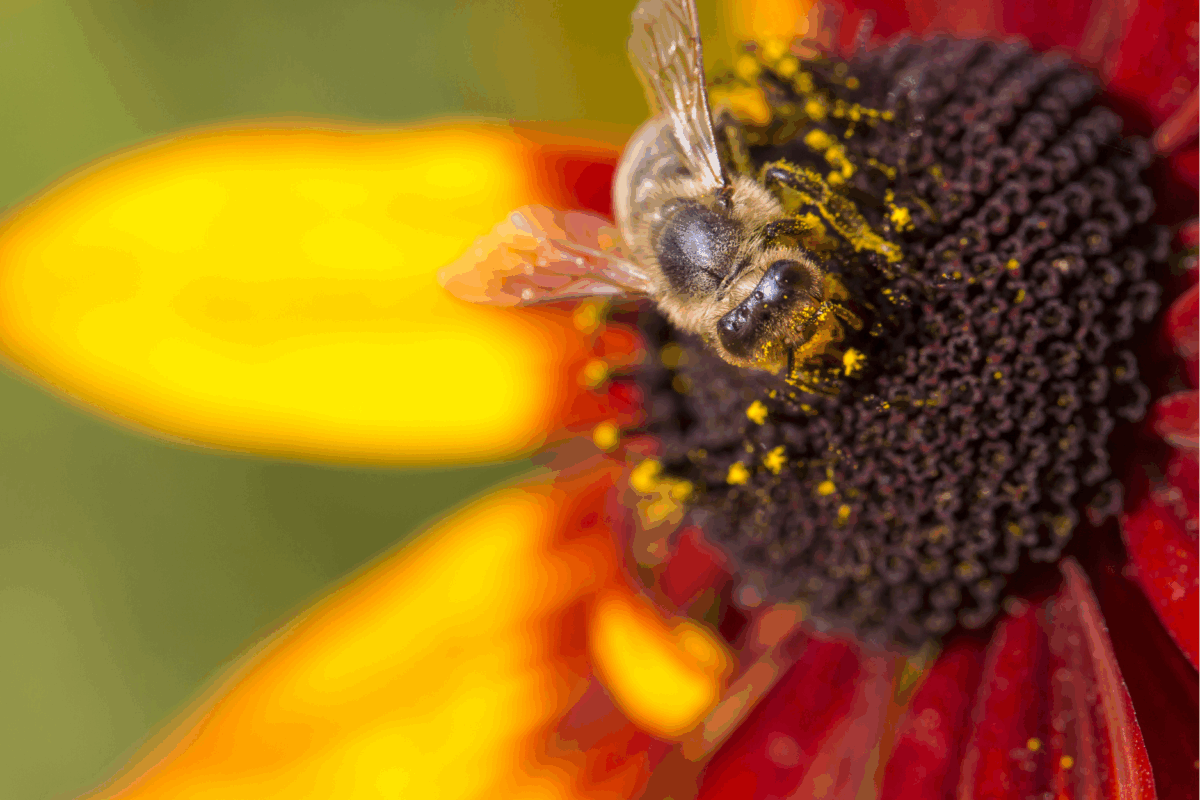PHA celebrates National Science Week 2023
National Science Week is an annual celebration of science and innovation across Australia. It gives us an opportunity to reflect, share and celebrate the important role of science in our day-to-day lives.
The event aims to spark an interest in science in young people, encouraging and inspiring them to use science to further explore the fascinating world we live in.
At Plant Health Australia (PHA) we work to enhance plant health, to assist in trade of Australia’s produce, to safeguard and support the future of our plant industries, and to preserve a healthy environment.
Central to this, is having data and technology available to improve how we make decisions and respond to biosecurity threats. By adapting technology, we are able to improve our ability in both surveillance and diagnostics. We are continuously working to expand and integrate our digital systems to strengthen Australia’s biosecurity.
PHA’s innovative tool AUSPestCheck®, collates, shares and visualises plant and animal pest surveillance data. AUSPestCheck® provides a secure platform for data to be readily shared between different organisations to leverage information across different surveillance efforts, to help identify gaps in coverage and to inform management decisions.
Fast access to data and information is key to support the quick identification of, and rapid response to, the detection of exotic pests and diseases. The Pest and Disease Image Library, also known as PaDIL is an online database containing high-quality diagnostic images and information tools designed to assist agronomists, biosecurity officers, diagnosticians, and researchers both in Australia and overseas with scientific identification.
PHA’s third digital system the Australian Plant Pest Database (APPD), is an online database of pests and diseases of Australia’s economically important plants. APPD provides access to over 1.4 million pest voucher specimens making it possible to quickly retrieve details of insects, nematodes, fungi, bacteria and viruses that affect plants of economic and ecological significance.
Some of the highlights of PHA’s campaign this year included videos by various PHA staff explaining how they use science and technology in their day-to-day work. An online Plant Health Science quiz on social media was used to drive online engagement to mark celebrations.











